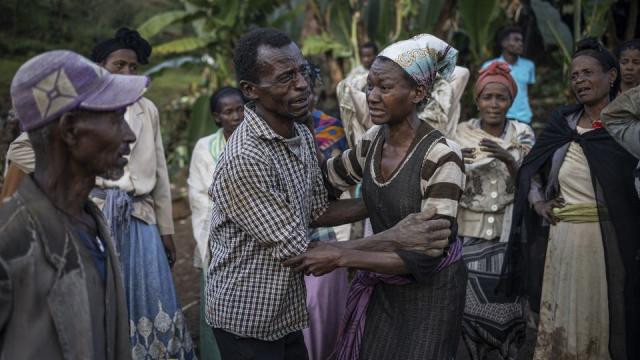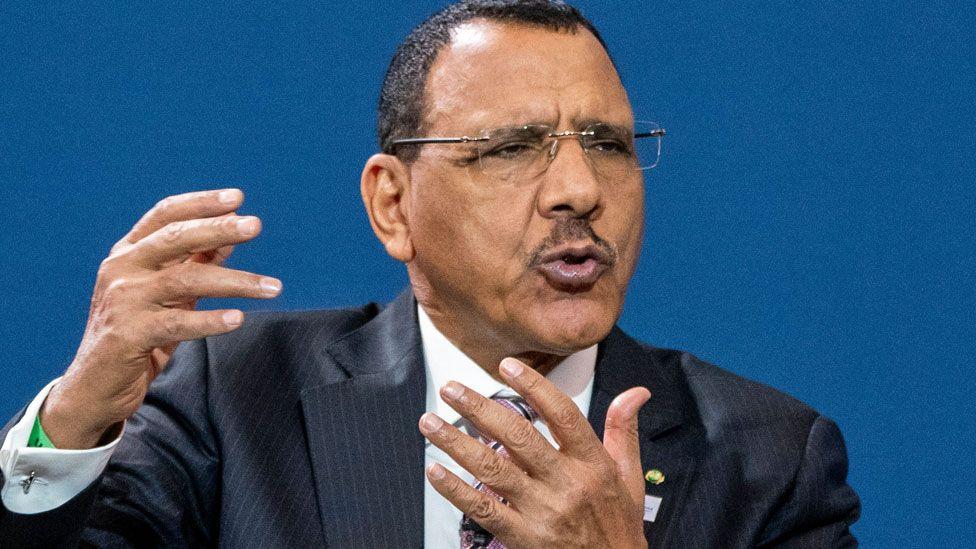
South Africa is closely monitoring the UN Security Council’s response to a recent International Court of Justice (ICJ) ruling that orders Israel to immediately halt its military operations in Rafah, a city in the southern Gaza Strip.
Israel deployed forces to Rafah on May 6, prompting significant international concern.
“We are pleased that the court has given very serious consideration to the matters that we put before it and has affirmed that an urgent decision is needed from the court to pause this onslaught against innocent Palestinians,” stated Foreign Minister Naledi Pandor in an interview with State Broadcaster SABC on Friday.
Pandor expressed frustration over what she described as Israel’s longstanding impunity in the face of global condemnation.
“Responsibility falls on us as member states of the UN, and particularly on the UN Security Council, which holds the duty of maintaining global peace and security.
Now, they must determine measures to protect the people of Palestine,” she asserted.
The UN top court’s ruling is seen as a decisive call for the cessation of violence in Rafah.
“We are all fearful, witnessing the unfolding horror. Something must be done, and we cannot rely solely on those perpetuating this onslaught to stop it,” Pandor emphasized.
She highlighted a growing global recognition of the plight of Palestinians, noting that even wealthy nations are beginning to speak out against Israeli actions.
Foreign Ministry Director-General Zane Dangor hailed the ICJ’s order as groundbreaking, marking the first time Israel has been explicitly directed to cease military action in Rafah.
Dangor welcomed the ruling, particularly its provision for UN-appointed investigators to enter Gaza and investigate potential genocidal actions.
He noted that independent access for researchers, previously denied to journalists, is crucial for verified investigations.
South Africa plans to approach the Security Council to ensure the implementation of these provisions, emphasizing that such orders are binding and must be adhered to by Israel.




